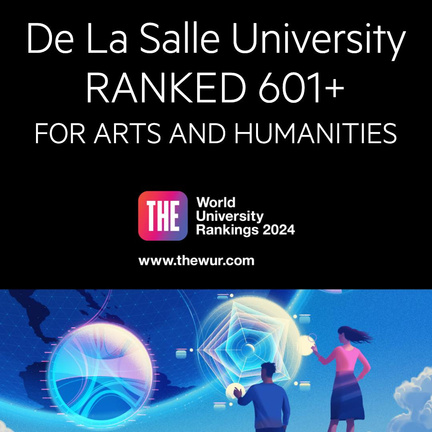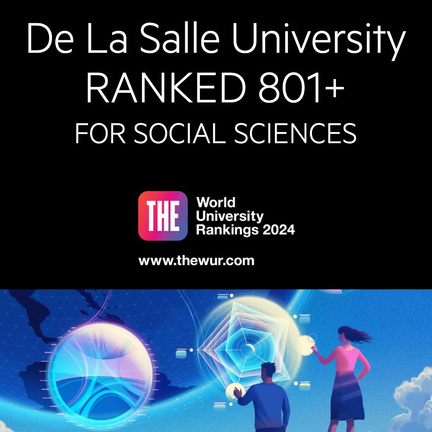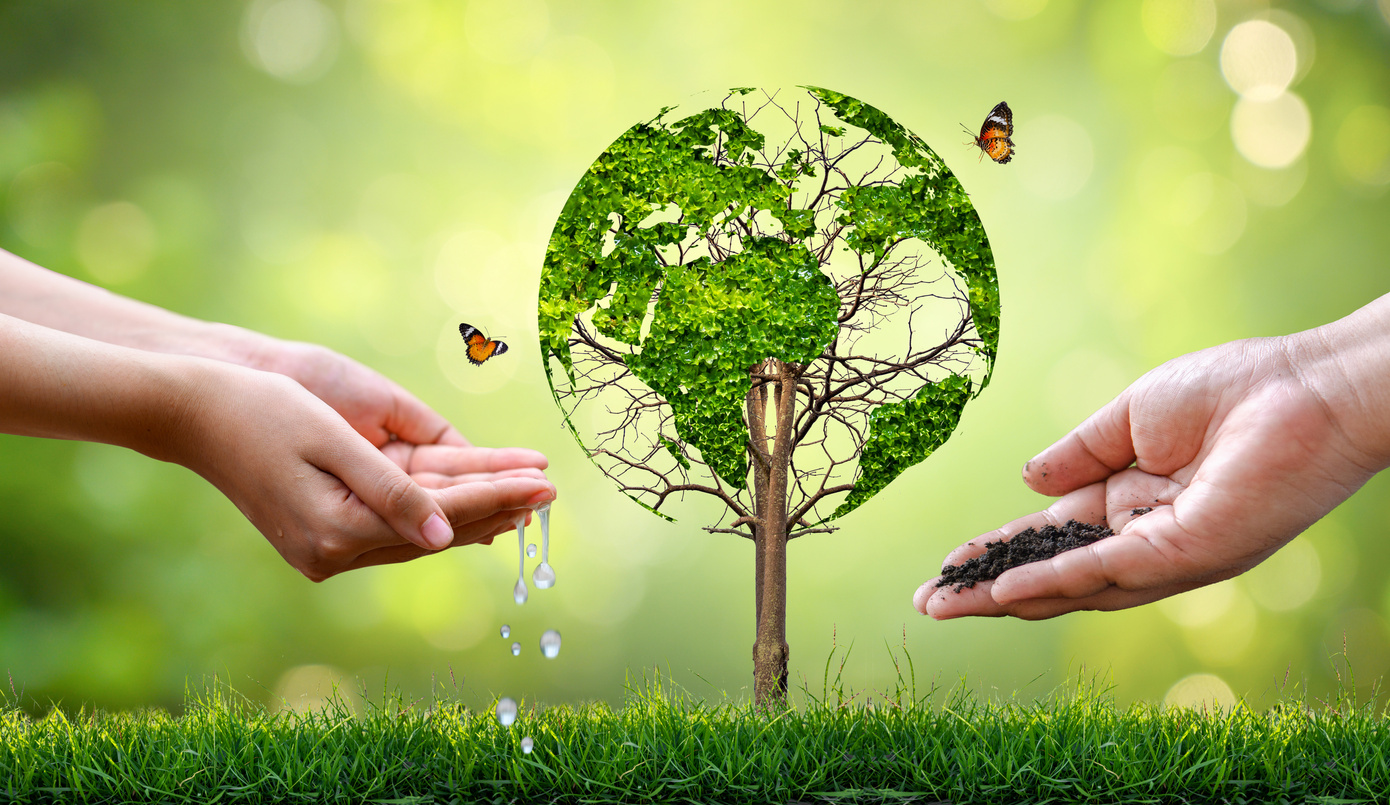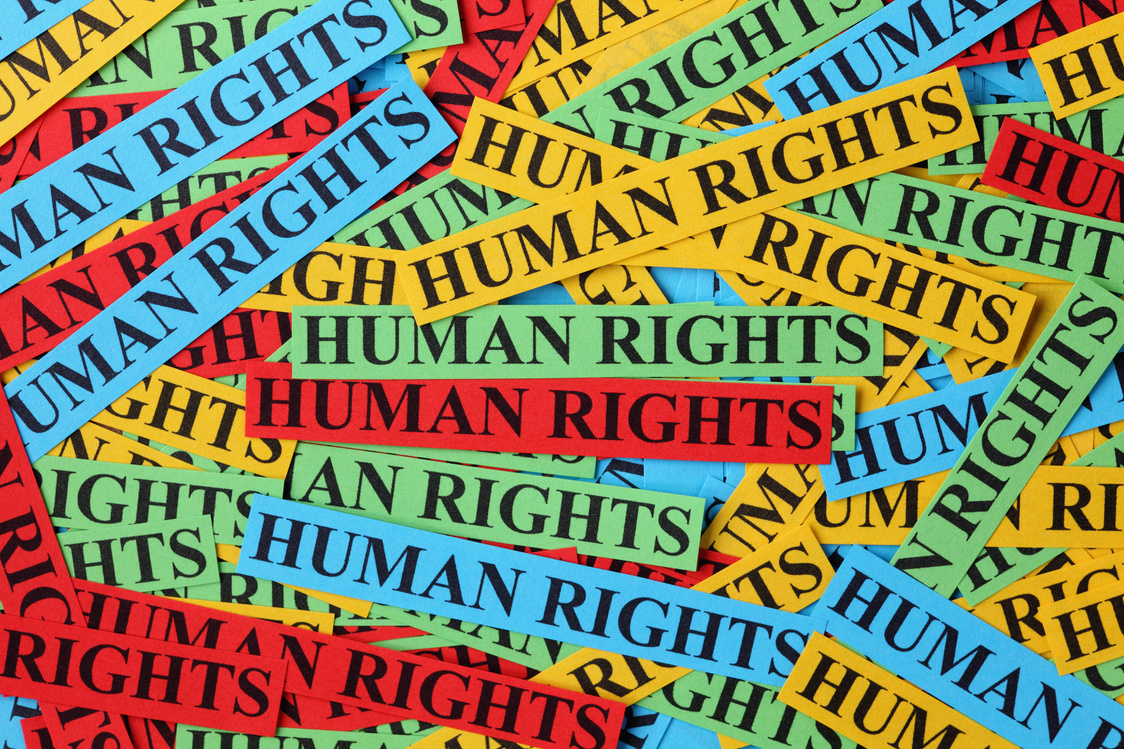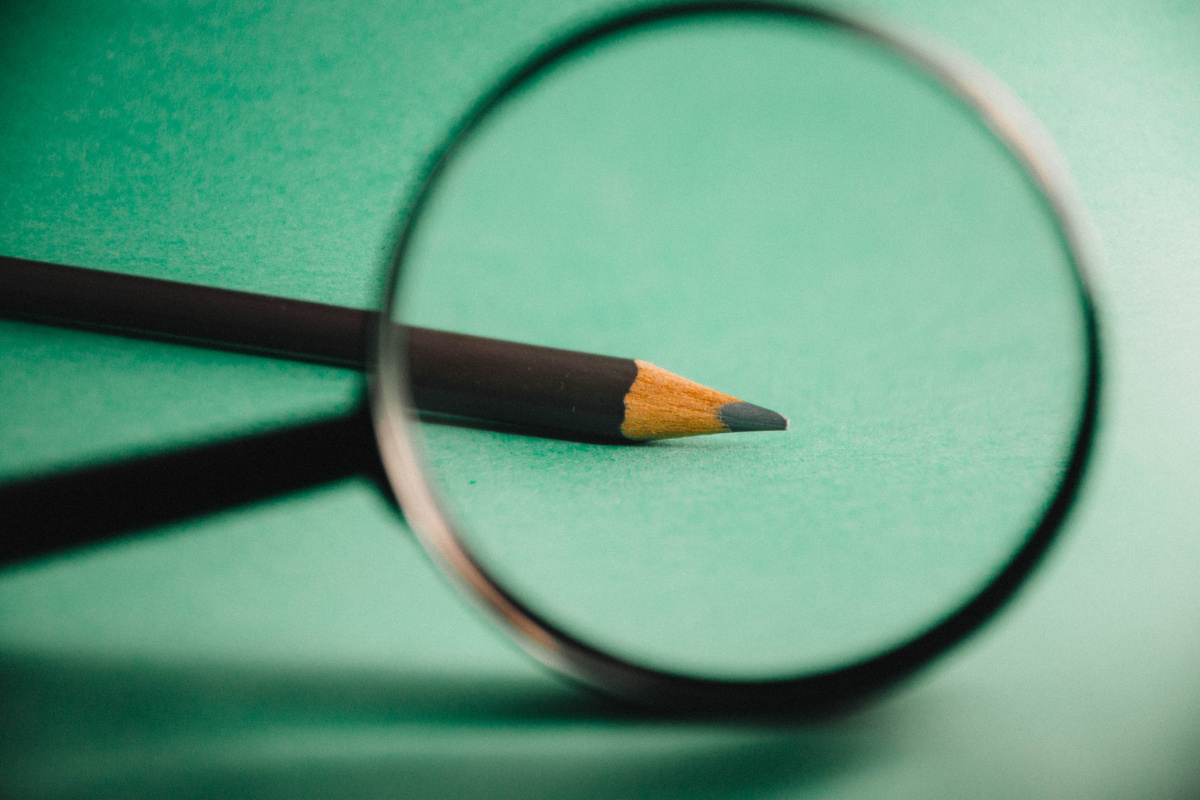AI, Platforms & Society
Overview
AI has been widely deployed in a variety of sectors in the last decade, including healthcare, public transport, news writing and distribution, business and finance, education, and cultural production. Similarly, platforms have seen tremendous growth and reach in the country, encompassing a wide range of technology-based affordances and services such as social networking and entrepreneurship (i.e Facebook/Marketplace), e-commerce (i.e. Lazada/Shopee), labor-matching and management (i.e. Grab or Upwork), financial exchange (i.e. GCash/Maya), e-Learning (i.e. Canvas), e-Government services, and even intimacy (i.e. Tinder). Scholarship on the social and economic impacts of AI-powered systems and digital platforms, as well as on ways to govern and regulate them, has skyrocketed over the past decade, reflecting their rising dominance and implications across the economy, culture, politics, society, governance, and people’s everyday lives.
Such developments in technologically-mediated services and sociality promise to solve complex problems across many sectors, contribute to customizing essential services, and facilitate opportunities for citizens and communities. However, the widespread uptake of platforms and AI also surfaces complex risks, challenges, and puzzles for research. For example, the battle between ethical questions surrounding AI triggered unprecedented public discourses globally about the promises and perils, possibilities and fears of the advances of AI technologies. While platforms advance public expression, sociality, and opportunity, research has found that it presents questions around information integrity or heighten precarization and inequality.
CLA’s research cluster on Artificial Intelligence, Platforms, & Society is an interdisciplinary space for students and Faculty to explore the continued unfolding of technology in Philippine society, in collaboration with industry practitioners, civil society, and policy actors. The complex puzzles emerging implies transcending traditional disciplinary boundaries. Building on the critical strengths of the Humanities and Social Sciences that will engage with relevant disciplines across the university, the goal is to advance cutting-edge interdisciplinary research that addresses the emerging conditions of our digital lives, grasp the complex challenges, and develop evidence-based policy and other interventions that will support responsible technology development and use.
- The uses and impacts of platforms and AI in education, healthcare, art, media and creative production, labor, organizing and organization change, urbanization, business management, intimacy, politics and civic engagement, and security, among other areas and sectors of concern;
- The history and political economy of AI and platform development in the Philippines – and in relation to technological and financial flows in the region and globally;
- Analysis of models for AI and platform governance and development of regulatory and governance frameworks and principles that are attuned to Philippine specificities and conditions.
The activities of the cluster will involve the following:
- Exploration and exchange: Monthly Dialogues@PH: AI, platforms, and society that will develop DLSU-CLA’s research capacity and facilitate exposure to and engagement with local and global scholars and key debates concerning AI, platforms, and society and their unfolding across varied services, sectors, cultures, and geographies;
- Building and sustaining an interdisciplinary College research network that is prepared to engage in the development of grant proposals, conduct research projects, or execute interventions.
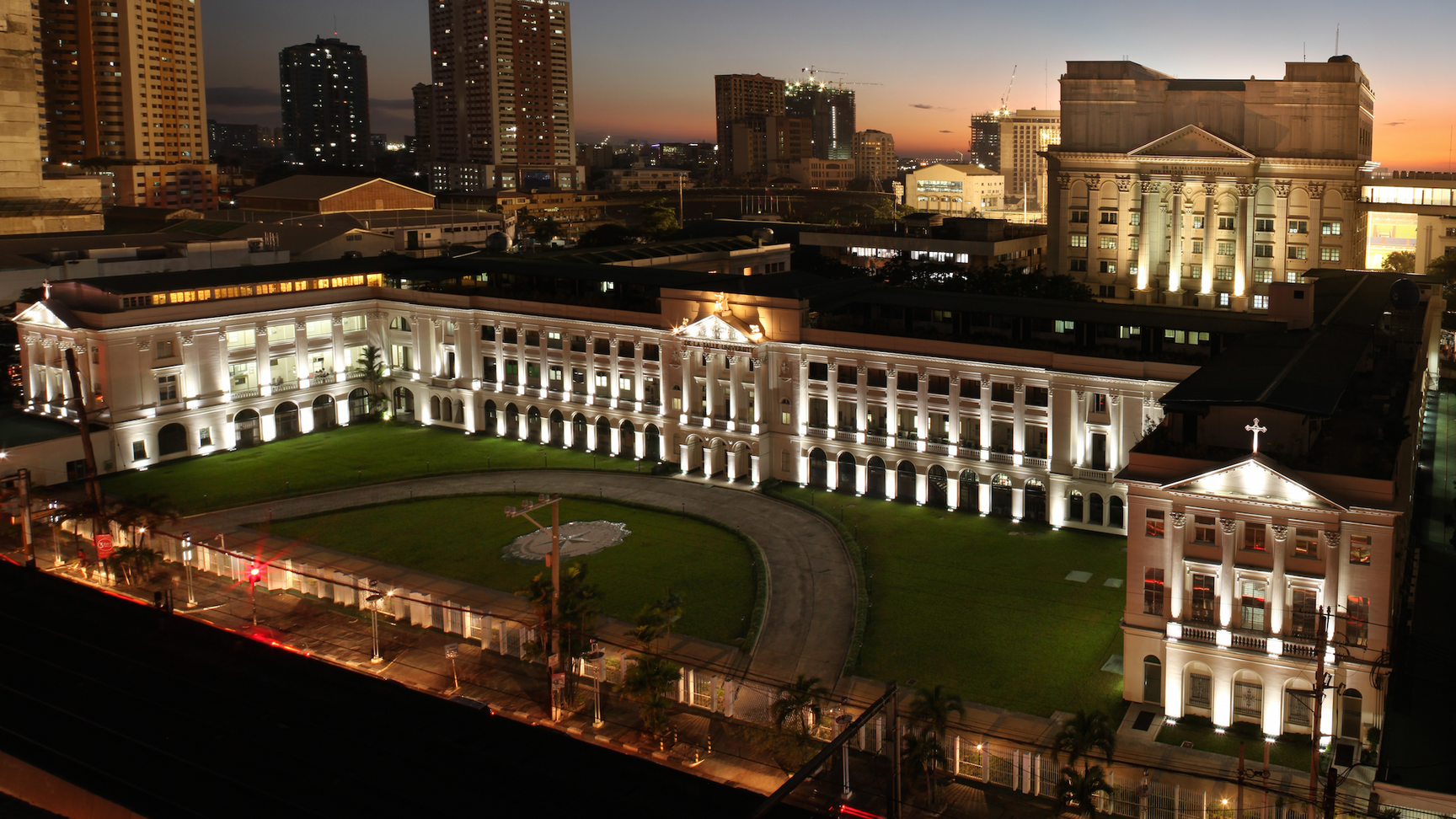
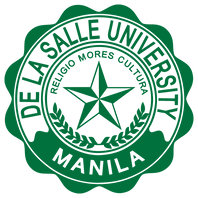
De La Salle University
Manila Campus
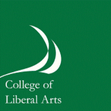
De La Salle University has been listed in the prestigious Times Higher Education Subject Rankings 2024 for Arts & Humanities and Social Sciences. This is the first time that DLSU entered the Arts & Humanities ranking, securing a place in the 600+ bracket and making it as the leading private university in the Philippines in this category. This is indeed a remarkable milestone for the College of Liberal Arts as this is an affirmation of its pursuit to produce outstanding publications and creative works that enrich our culture, define our identity, and embrace our humanity.
For 5 consecutive years, DLSU has been recognized as one of the best universities in the field of Social Sciences and has recently been placed within the 800+ bracket. Congratulations to all the faculty, students, and fellow administrators for their exceptional contributions and commitment in realizing this goal.
Animo La Salle!
